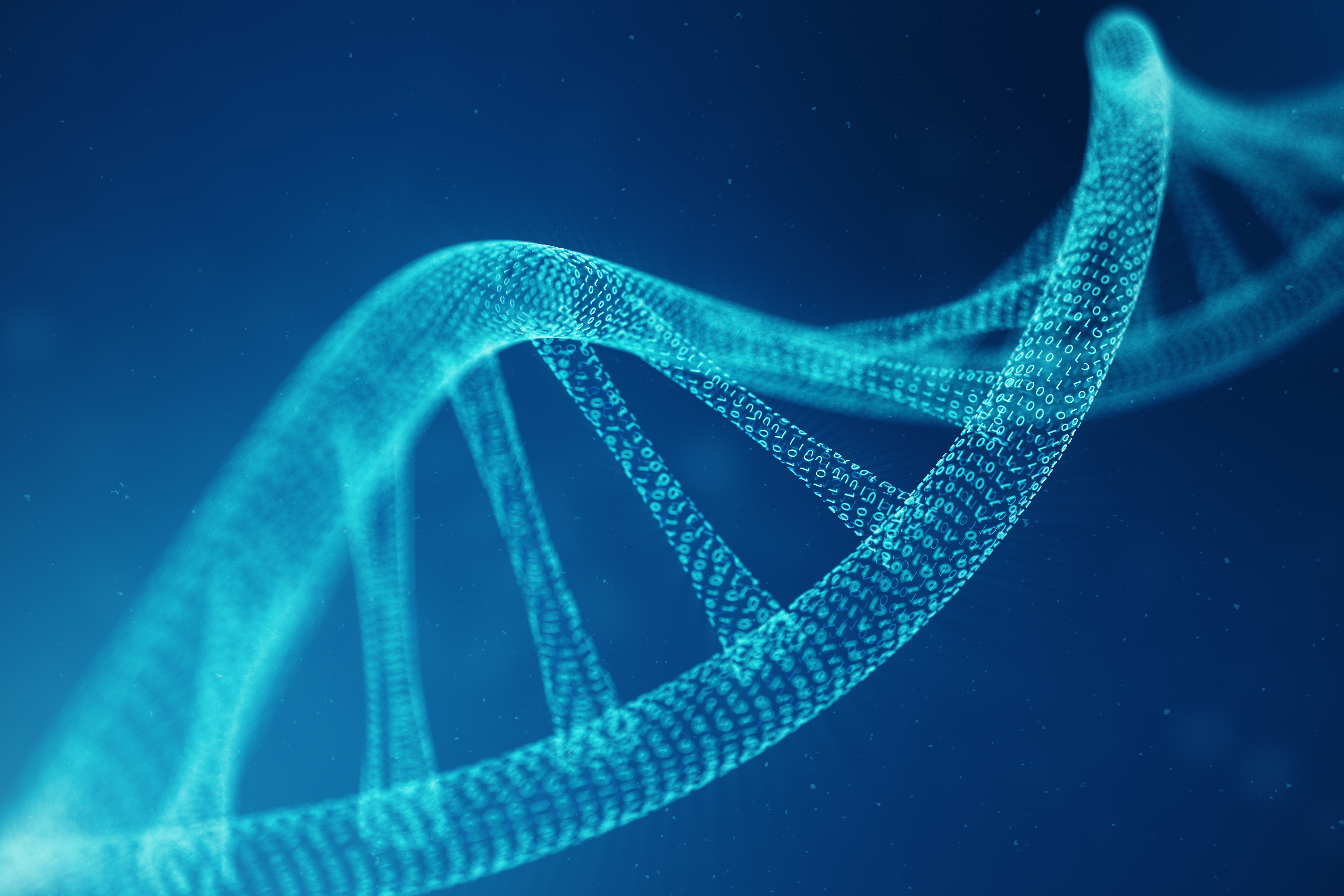
Synopsys
Modern human behaviour is marked by increased symbolic and technological complexity in the archaeological record. In western Eurasia this transition is termed the Upper Palaeolithic, and occurred around 45,000 years ago, but many of its features appear transiently in southern Africa about 45,000 years earlier. I will discuss how demography is a major determinant in the maintenance of cultural complexity and that variation in regional subpopulation density and/or migratory activity results in spatial structuring of cultural skill accumulation. Genetic estimates of regional population size over time show that densities in early Upper Palaeolithic Europe were similar to those in sub-Saharan Africa when modern behaviour first appeared. Demographic factors can thus explain geographic variation in the timing of the first appearance of modern behaviour without invoking increased cognitive capacity.
Diet and culture are probably the two most central and entangled sub-plots in the story of human evolution. Most if not all of the major cultural transitions over the last 3 million years had large impacts on diet, and even today, some of the strongest signatures of natural selection in our genomes are linked to dietary change. The complex relationships between diet, biology, and culture originate from the earliest stone tool use, if not earlier, and have played key roles in the evolution of many human characteristics, including large brains, reduced gut size, and tool use. Today, food ways and cuisines have strong cultural, ethnic, and geographic associations, and, in some populations, correlate with known biological adaptations. I will discuss some of the ways that diet, culture, and biology have remained entwined over the past 3 million years.
The speaker will be Mark Thomas, Professor of Evolutionary Genetics, UCL.

Biography
Mark Thomas is Professor of Evolutionary Genetics at University College London and works mainly on biological and cultural aspects of human evolution. He uses computer simulation and statistical modelling to make inferences from genetic data – including ancient DNA – and archaeological information, on processes such as past migrations and dispersals, natural selection – particularly in response to changes in diet and infectious disease loads – and how demography shapes cultural evolution.
Refreshments from 6:45pm.
The presentation will be followed by an opportunity for informal discussion and conversation over a buffet supper. A donation of £2 per person is requested as a contribution to costs.
Members, non-members and guests are most welcome.
Please click on the "Directions" tab for directions and map to Eaton Electric Ltd, Great Marlings, Butterfield, Luton LU2 8DL.